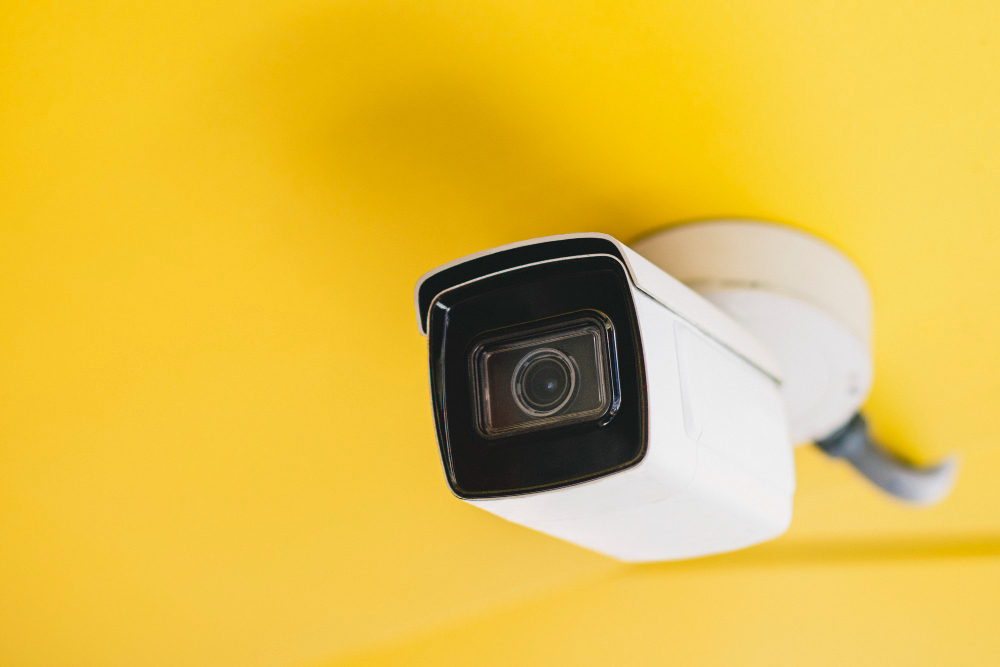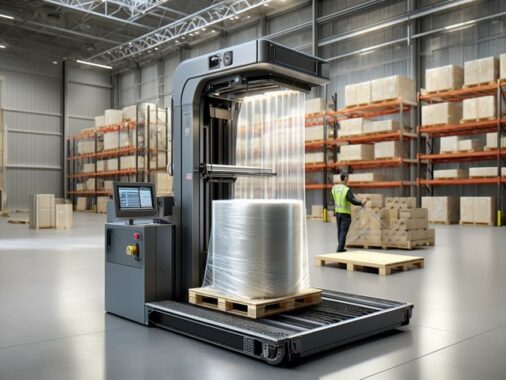Home security has grown increasingly important to homeowners as the world gets more connected. Smart security cameras have made it simpler to monitor our homes and loved ones from a distance. But one of the most annoying problems that many owners of security cameras face is that their cameras frequently go offline. The goal of having a security camera in the first place is defeated by this issue, which might make your home vulnerable to prospective attackers. In this blog, we will explore the reasons your security camera goes offline and provide practical tips to prevent and troubleshoot this issue effectively.
1. Check Your Internet Connection
A weak or unstable internet connection is the prevailing cause behind security cameras going offline. Modern security cameras heavily depend on Wi-Fi, making them susceptible to losing connection when the internet service is disrupted. To address this issue, it is crucial to position your Wi-Fi router centrally within your home to ensure optimal coverage and reduce potential dead spots. Moreover, upgrading to a higher speed and more reliable internet plan is essential, particularly if you have numerous devices concurrently connected to your network, as this will improve the overall performance and stability of your security cameras. By implementing these steps, you can significantly reduce the chances of your security cameras going offline and enhance the overall security of your premises.
2. Update Firmware Regularly
In addition to addressing internet connectivity issues, it’s important to be aware that security camera manufacturers frequently release firmware updates to enhance camera performance and resolve known issues. The stability and connectivity of the camera may be greatly enhanced by these updates. It is advised to constantly check the manufacturer’s website or app for firmware upgrades and make sure your security camera is using the most recent version available in order to take advantage of these enhancements. By keeping the firmware current, you can efficiently fix a variety of issues with your security camera’s offline functioning and maximize its overall usability, eventually raising the level of security and monitoring for your property.
3. Power Source and Cabling
One commonly overlooked factor contributing to security camera offline incidents is a faulty power source or cable. To avoid this, it is crucial to ensure that your camera is connected to a reliable power outlet, and the power cable is free from any damage or wear. Intermittent power supply resulting from such issues can lead to frequent camera disconnections. To protect your cameras from sudden power surges and outages, consider employing surge protectors, which act as a safeguard against potential electrical disturbances, ensuring the continuous operation of your security cameras.

4. Interference and Signal Strength
It’s important to be aware that various electronic devices and appliances within your home, such as microwaves and cordless phones, can interfere with your Wi-Fi signal and disrupt the connectivity of your security camera. To counteract this interference, it’s advisable to position your camera away from such devices or select Wi-Fi channels that experience minimal interference. Many modern routers offer the option to choose the best channel for your devices, which can significantly enhance signal strength and overall stability, leading to improved performance of your security camera.
5. Camera Placement
The location of your security camera plays a crucial role in its performance. If your camera is too far from the Wi-Fi router, it might struggle to maintain a stable connection. Consider installing Wi-Fi range extenders or mesh networks to ensure strong signal coverage across your property. Additionally, avoid placing your camera near reflective surfaces or objects that can obstruct the Wi-Fi signal.
6. External Factors
External factors such as extreme weather conditions or physical tampering can also cause your security camera to go offline. Ensure that your camera is rated for outdoor use if you plan to install it outside and protect it from direct exposure to harsh elements. Regularly inspect your camera for signs of physical damage or tampering, and promptly address any issues to ensure consistent performance.
7. Camera Overload
If you have multiple cameras connected to the same network, the bandwidth may get overwhelmed, leading to frequent offline issues. To prevent camera overload, reduce the camera resolution or frame rate, especially for cameras that are not actively monitored. Additionally, consider setting up a dedicated network for your security cameras to ensure they do not interfere with other devices on your primary network.
Final Thoughts
Having a reliable security camera system is essential for maintaining the safety and security of your home. By understanding the common reasons behind your security camera going offline and implementing the preventive measures outlined in this blog, you can ensure uninterrupted surveillance and peace of mind. Remember to regularly update your camera’s firmware, optimize your internet connection, and be mindful of the camera’s placement and power source. With these steps, you can minimize offline issues and fully utilize the potential of your security camera system. Stay vigilant, stay secure!






